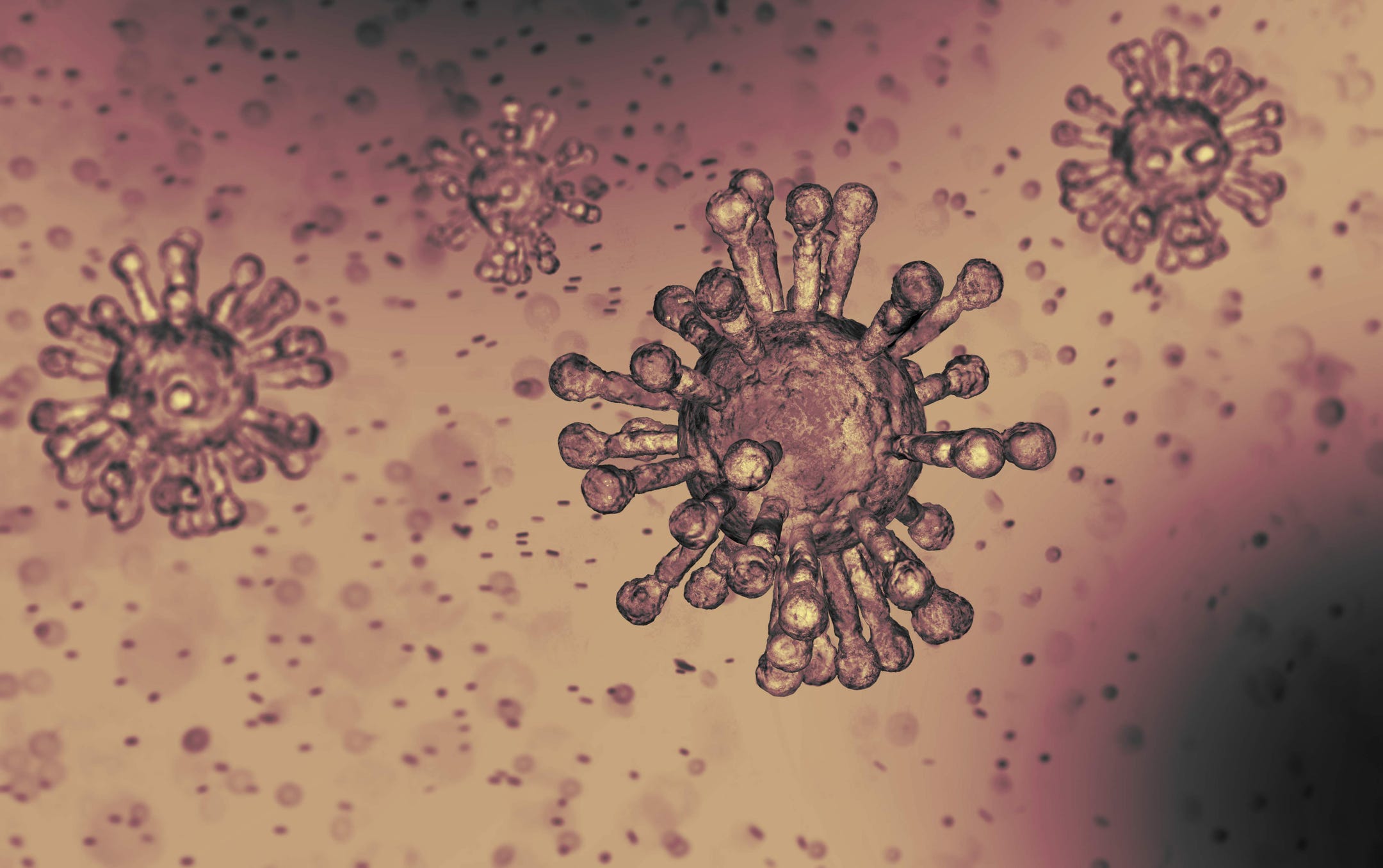What are corona viruses?
Corona viruses are a large family of viruses found in both animals and humans. Some infect people and are known to cause illness ranging from the common cold to more severe diseases such as Middle East Respiratory Syndrome (MERS) and Severe Acute Respiratory Syndrome (SARS).
How dangerous is it?
As with other respiratory illnesses, infection with 2019-nCoV can cause mild symptoms including a runny nose, sore throat, cough, and fever. It can be more severe for some persons and can lead to pneumonia or breathing difficulties. More rarely, the disease can be fatal. Older people, and people with pre-existing medical conditions (such as, diabetes and heart disease) appear to be more vulnerable to becoming severely ill with the virus.
Can the 2019-nCoV be transmitted from person to person?
Yes, the 2019-nCoV causes respiratory disease and can be transmitted from person to person, usually after close contact with an infected patient, for example, in a household workplace, or health care centre.
What can I do to protect myself and others?
- Wash your hands frequently
- Wash your hands frequently with soap and water. You can also use alcohol-based hand rub after washing and drying your hands to eliminates the virus if it is on your hands.
- Practice respiratory hygiene
- When coughing and sneezing, cover mouth and nose with flexed elbow or tissue – discard tissue immediately into a closed bin and wash your hands with soap and water.
- Covering your mouth and nose when coughing and sneezing prevent the spread of germs and viruses. If you sneeze or cough into your hands, you may contaminate objects or people that you touch.
- Maintain social distancing
- Maintain at least 1 metre (3 feet) distance between yourself and other people, particularly those who are coughing, sneezing and have a fever.
- Avoid touching eyes, nose and mouth
- Hands touch many surfaces which can be contaminated with the virus. If you touch your eyes, nose or mouth with your contaminated hands, you can transfer the virus from the surface to yourself.
If you have fever, cough and difficulty breathing, seek medical care early
Tell us if you have travelled in an area in China where 2019-nCoV has been reported, or if you have been in close contact with someone with who has travelled from China and has respirator/ symptoms.
Whenever you have fever, cough and difficulty breathing it’s important to seek medical attention promptly as this may be due to a respirator/ infection or other serious condition. Respirator/ symptoms with fever can have a range of causes, and depending on your personal travel history and circumstances, 2019-nCoV could be one of them. Please notify the office as soon as possible.
If you have mild respirator/ symptoms and no travel history to or within China, carefully practice basic respiratory and hand hygiene and stay home until you are recovered.
As a general precaution, practice general hygiene measures when visiting live animal markets, wet markets or animal product markets
Ensure regular hand washing with soap and potable water after touching animals and animal products; avoid touching eyes, nose or mouth with hands; and avoid contact with sick animals or spoiled animal products. Strictly avoid any contact with other animals in the market (e g., stray cats and dogs, rodents, birds, bats). Avoid contact with potentially contaminated animal waste or fluids on the soil or structures of shops and market facilities.
Who is at risk of developing severe illness?
While we still need to learn more about how 2019-nCoV affects people, thus far, older people, and people with pre-existing medical conditions (such as diabetes and heart disease) appear to be more at risk of developing severe disease.
How does the virus spread?
The new coronavirus is a respiratory virus which spreads primarily through contact with an infected person through respiratory droplets generated when a person, for example, coughs or sneezes, or through droplets of saliva or discharge from the nose. It is important that everyone practice good respiratory hygiene. For example, sneeze or cough into a flexed elbow, or use a tissue and discard it immediately into a closed bin. It is also very important for people to wash their hands regularly with either alcohol-based hand rub or soap and water.
Important: Please note that different institution will have procedures in place to manage this outbreak. We advise that you follow all guidelines as maybe directed by the organisation.
Advice on managing the Coronavirus outbreak (Peninsula)
The Coronavirus, which seems to have originated in the Chinese city of Wuhan, is a potentially lethal respiratory disease which has now spread to countries throughout the world. The virus bears similarities to severe acute respiratory syndrome (SARS), in that it can cause coughing, high temperatures and, potentially, pneumonia. With the Coronavirus potentially posing global risks, and there now being registered cases in the UK, employers may be wondering what steps, if any, they should take in response to this.
Employers should not insist that an employee travels to an affected area for work related purposes and should advise employees against travel to such areas for both work and holiday plans. The Foreign and Commonwealth Office has advised against all but essential travel to Wuhan. Practical alternatives to travel include postponing a trip and holding meetings via Skype or video conference where possible.
Employees may wish to cancel their holiday plans at short notice if they were planning to visit affected areas and this may result in requests to postpone holiday dates that have already been agreed by the employer. These requests should be granted where possible, otherwise employees might feel pressured to risk taking the holiday as originally planned.
Whilst employers owe a duty of care to employees to take reasonable steps to ensure their health and safety and to protect them against reasonably foreseeable risks, there is currently no legal obligation to impose a precautionary suspension of non-symptomatic employees resuming from holiday or work in an area known to have experienced incidences of Coronavirus. Additionally, third party pressure from colleagues should not be regarded as a enough reason to impose a suspension.
It is understood that the virus can transfer between humans via saliva. Routine sanitisation and hygiene measures are said to be the best way to protect against becoming infected. Where a returning employee appears to be symptomatic of potential exposure, they should be told to dial 111 and take matters taken from there. If they do have to take time away from work as a result, then they should be treated as off sick as per normal organisational procedure. Colleagues who have had contact with the symptomatic employee should be made aware of the symptoms and advised to contact 111.
In situations where an employee could potentially have been exposed to the virus, the employer may consider briefly suspending them on precautionary grounds. However, this suspension will have to be on full pay unless the contract gives the employer a right to suspend without pay for this reason.

